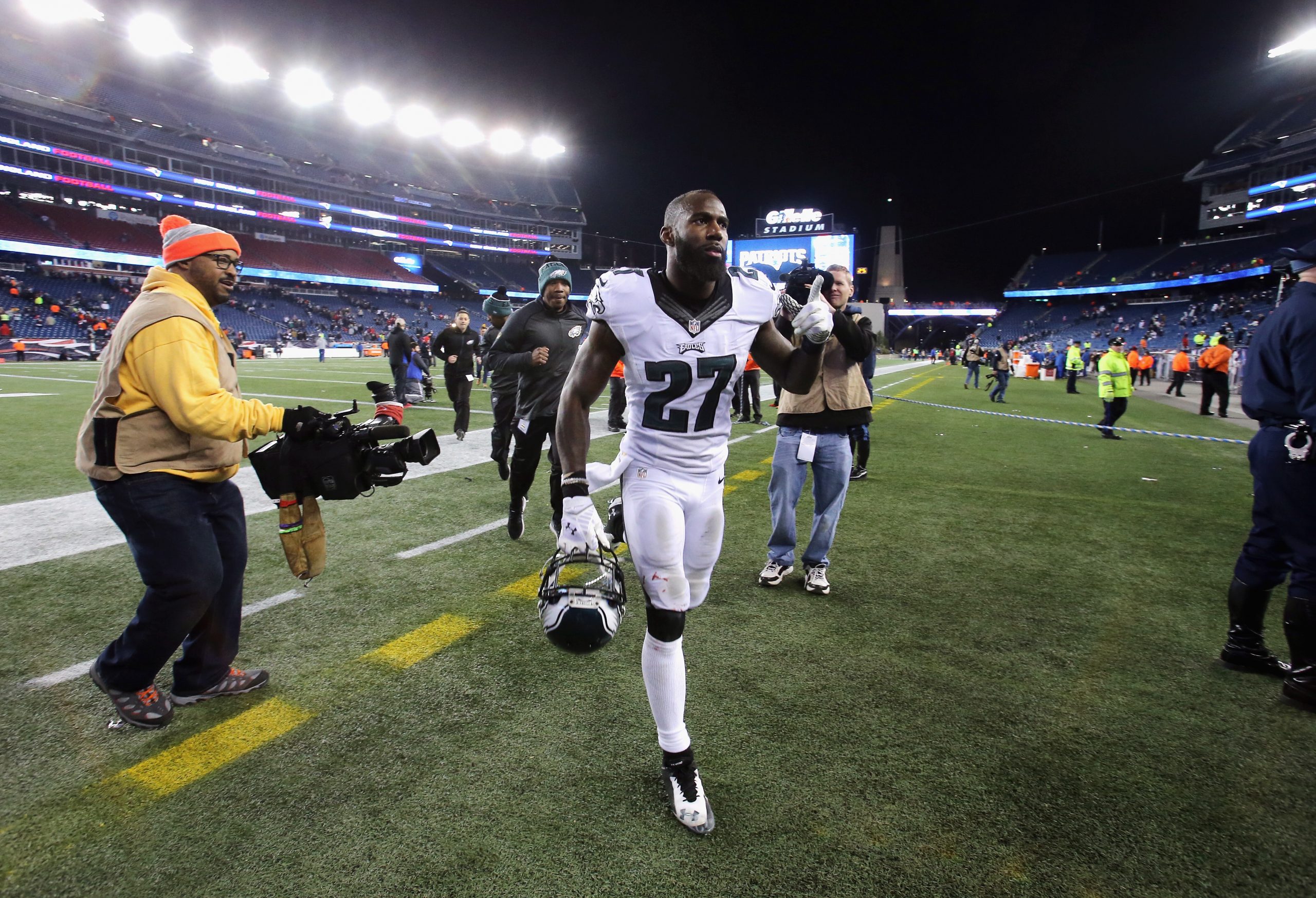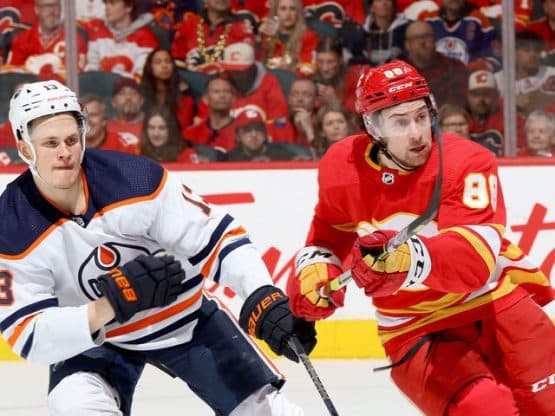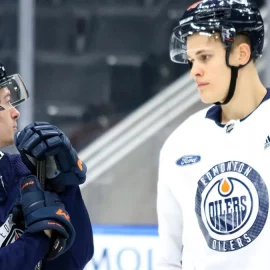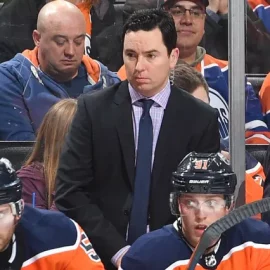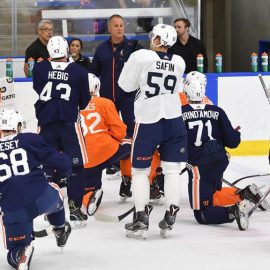In my last column for this series, and in fact the reason why I now write for the Oilers Rig (thanks, Megan!), I discussed the differences between qualitative and quantitative analysis, including a bit of the history of methodological wars across the social sciences. I attempted to demonstrate that while there is a modicum of distrust between the stats users and the qualitative camp, with good methodological design, they actually tend to serve each other well. The previous article was my feeble attempt to unite two warring fan-factions on the internet; the analytics team and the ‘seen him good’ team. The irony here is found in the fact that in my professional life, I am a purely qualitative researcher, yet in my Oilers-blogger life, I have moved over to the dark side and embraced team analytics.

BACKGROUND
At Lowetide’s place the other day, a series of conversations went down related to the Taylor Hall trade and the Jason Demers non-signing. Let’s be honest, these conversations seem to happen every day, but the striking part about the conversation was less about the content and more about the structure.
To simplify, let’s say commenter X said: “Hall was a great player, but the team could have had Hall and Demers rather than Lucic and Larsson.”
Commenter Y: “We don’t necessarily have all the evidence or facts w.r.t. Demers actually signing here.”
X: “Anger, smash! You’re stupid and my opinion matters more than yours.”
Y: “Calm your tits (or some other, presumably less offensive LTism). I am trying to actually look at the evidence we have available to us and move the conversation forward, the same as yesterday, the same as it ever was.”
Commenter Z interjects: “Ad hominem attacks are the best attacks! Also, analytics are stupid. Corsi is stupid! Why do we win the Corsis and lose the game?”
Y: “This site has never been about cheering for the home team exclusively. It has never been about opinion. It has been about understanding the game. Is it not relevant to try to understand whether or not someone made a mistake, and to draw conclusions on that basis? Is that not why we are all here?”
NOT EVERYTHING IS OPINION
One of the hardest parts about teaching in the US last year was working through that very point – that not everything is opinion-driven. I often give critical response/reflection papers in my upper division courses, which for non-academics is this: ‘Your mission is to read an article and then respond to that article. You’re welcome to write your response in first person, but ground your responses/argument using direct references from said reading and other course content assigned up to that point. You are not required to use materials from outside the course to complete the assignment.’
Trouble was, nobody had ever given these students that kind of assignment, something that you’d think they would have received by 3rd or 4th year in a sociology program… but I digress. The first assignment was a train wreck, as very few students in the class had any idea what the difference between ‘opinions’ and ‘informed perspective’ was. As a result, I received several garbage fire quality papers, with literally no references to the thing they had to read. I realized I had to start from the basics and break down the difference between opinion and analysis. It was shocking to me at the time, but here we are. I don’t want to do that here as I am not your professor of sports sociology… yet…
Anyhoo, sometimes I see similar things happening in the Oilers blog community, as if to say ‘I am on the internet! I feel entitled to interject my opinion into everything all the time’ even if no evidence is available to support that position. Some of us are trying to move the conversation from ‘I have an opinion, much like I have an asshole – everyone has one but mine can fart louder’ towards something more like… ‘Hmm, are we sure about that? Something doesn’t quite line up. I want to have a real conversation and I have evidence to present and potentially some analysis the group may value and yet I drowning in a sea of terrible gas. Wtf?’

“Not everything is opinion” is a really important thing that we can all benefit from remembering. I know the internet isn’t always the best place for meaningful discourse, but since for the most part we’re all just fans of a team we love, it’s better when we can get along or at least disagree respectfully.
WHAT DOES IT ALL MEAN?
In the context of the methodology wars, it’s important for us to remember two things.
- There is value in both analytics and the eye test. Both types of analysis provide us with a reasonable window into players, systems and team-based performance, yet for the most part both views are descriptive analyses, rather than predictive.
- The more we blindly push back against growing trends, the more frustrating it will be when we can’t understand why these trends are happening or what they mean. The people who put in the work to both analyze the data and synthesize it for our benefit are equally frustrated when they are constantly questioned and attacked.
The analytics camp has provided something new and innovative to add to our understanding of the game as fans. That said, people are often both risk averse and change averse. In other words, we tend to resist what we don’t understand. It would be nice, however if both the ‘seen him good’ and the ‘fancy stats’ people weren’t constantly fighting each other. While I am arguing that the advanced stats people are an emergent community of organic intellectuals, we don’t need to revisit the paradigm wars again and again. There is value from both perspectives, even if we can’t see it that way just yet.
Add The Sports Daily to your Google News Feed!
